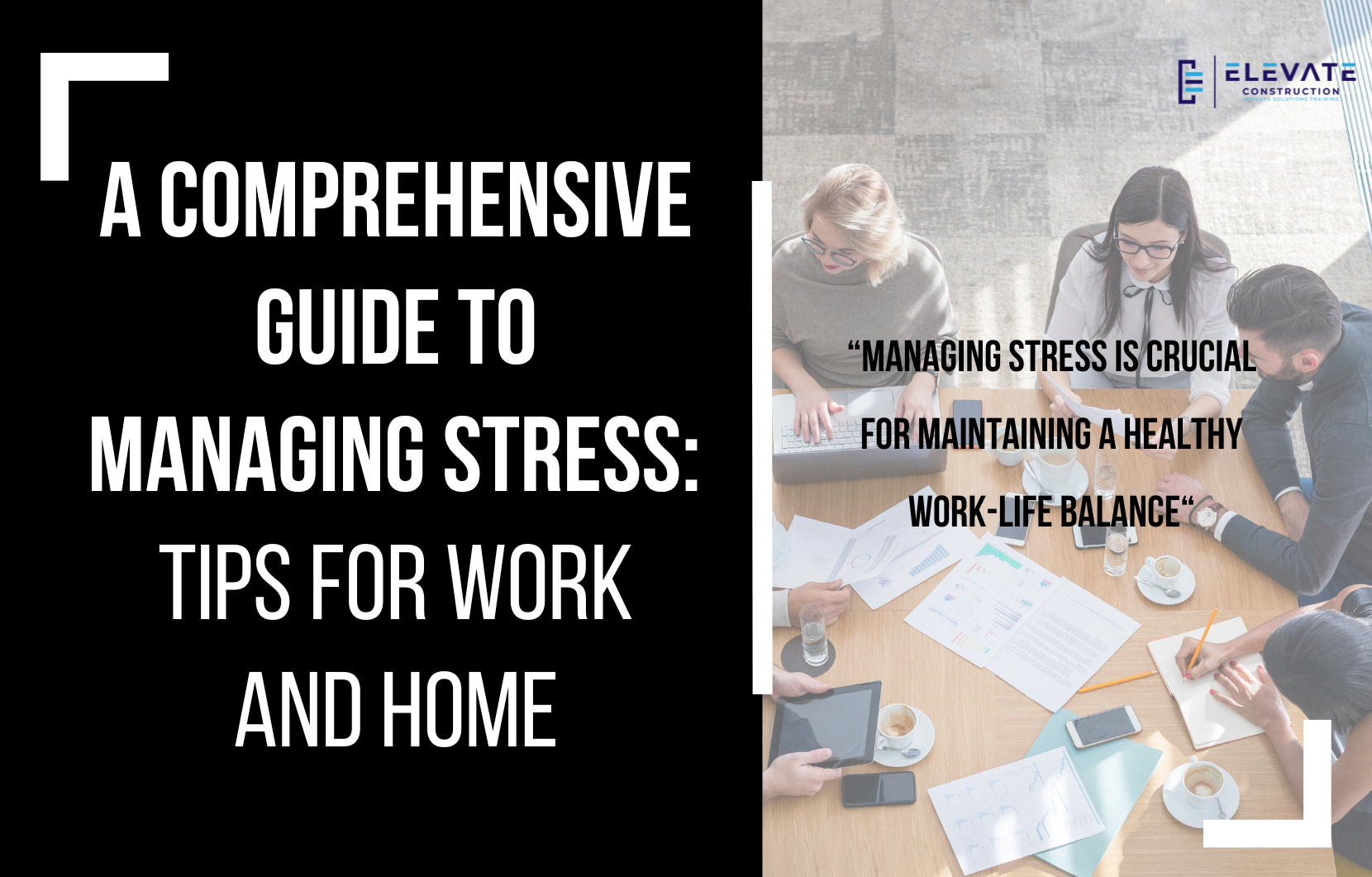Understanding Stress
- Types of Stress: Stress can be categorized into distress and eustress.
-
- Distress: Negative stress resulting from feeling attacked or victimized.
- Eustress: Positive stress that challenges you to grow and adapt.
- Physiological Effects: Stress triggers the release of cortisol, a stress hormone, which can lead to disconnection or increased human connection based on the presence of oxytocin.
Leveraging Stress for Growth
- Identifying Growth Stressors: Stressors that promote learning, growth, and resilience.
-
- Challenging situations that encourage adaptation and mastery.
- Emergencies or crises that foster collaboration and service-oriented behavior.
Managing Stressful Thoughts
- Reframing Negative Thoughts:
-
- Write down stressful thoughts and categorize them as true or untrue.
- Rescript negative thoughts to align with reality and reduce stress levels.
Tools for Stress Management
- Focus, Physiology, and Language: Utilize the FPL formula to regulate stress responses.
-
- Focus: Direct your attention toward positive outcomes and solutions.
- Physiology: Adopt confident body language and posture to influence mindset.
- Language: Use empowering language to reinforce a proactive mindset.
Problem-Solving Techniques
- Addressing Stressful Situations:
-
- Acknowledge stressful thoughts and triggers.
- Assess the validity of thoughts and identify actionable steps.
- Explore solutions to manage stress effectively, even in challenging circumstances.
Team Stress Management
- Transparency and Communication:
-
- Foster open communication within teams to address stressors collectively.
- Encourage transparency to facilitate problem-solving and mutual support.
Additional Stress Management Strategies
- Breathing Techniques: Practice box breathing, meditation, or mindfulness to calm the mind and body.
- Seeking Support: Utilize resources such as books, training programs, and online communities for additional guidance.
- Problem-Solving Patterns: Develop a systematic approach to address stressors and navigate difficult situations effectively.
Conclusion
By implementing these stress management techniques, you can cultivate resilience, enhance productivity, and maintain overall well-being in both your professional and personal life. Remember, stress is a natural part of life, but how you respond to it can make all the difference. Embrace these strategies to empower yourself and create a healthier, more balanced lifestyle.If you want to learn more we have:
-Takt Virtual Training: (Click here)
-Check out our Youtube channel for more info: (Click here)
-Listen to the Elevate Construction podcast: (Click here)
-Check out our training programs and certifications: (Click here)
-The Takt Book: (Click here)
Discover Jason’s Expertise:
Meet Jason Schroeder, the driving force behind Elevate Construction IST. As the company’s owner and principal consultant, he’s dedicated to taking construction to new heights. With a wealth of industry experience, he’s crafted the Field Engineer Boot Camp and Superintendent Boot Camp – intensive training programs engineered to cultivate top-tier leaders capable of steering their teams towards success. Jason’s vision? To expand his training initiatives across the nation, empowering construction firms to soar to unprecedented levels of excellence.
On we go!


